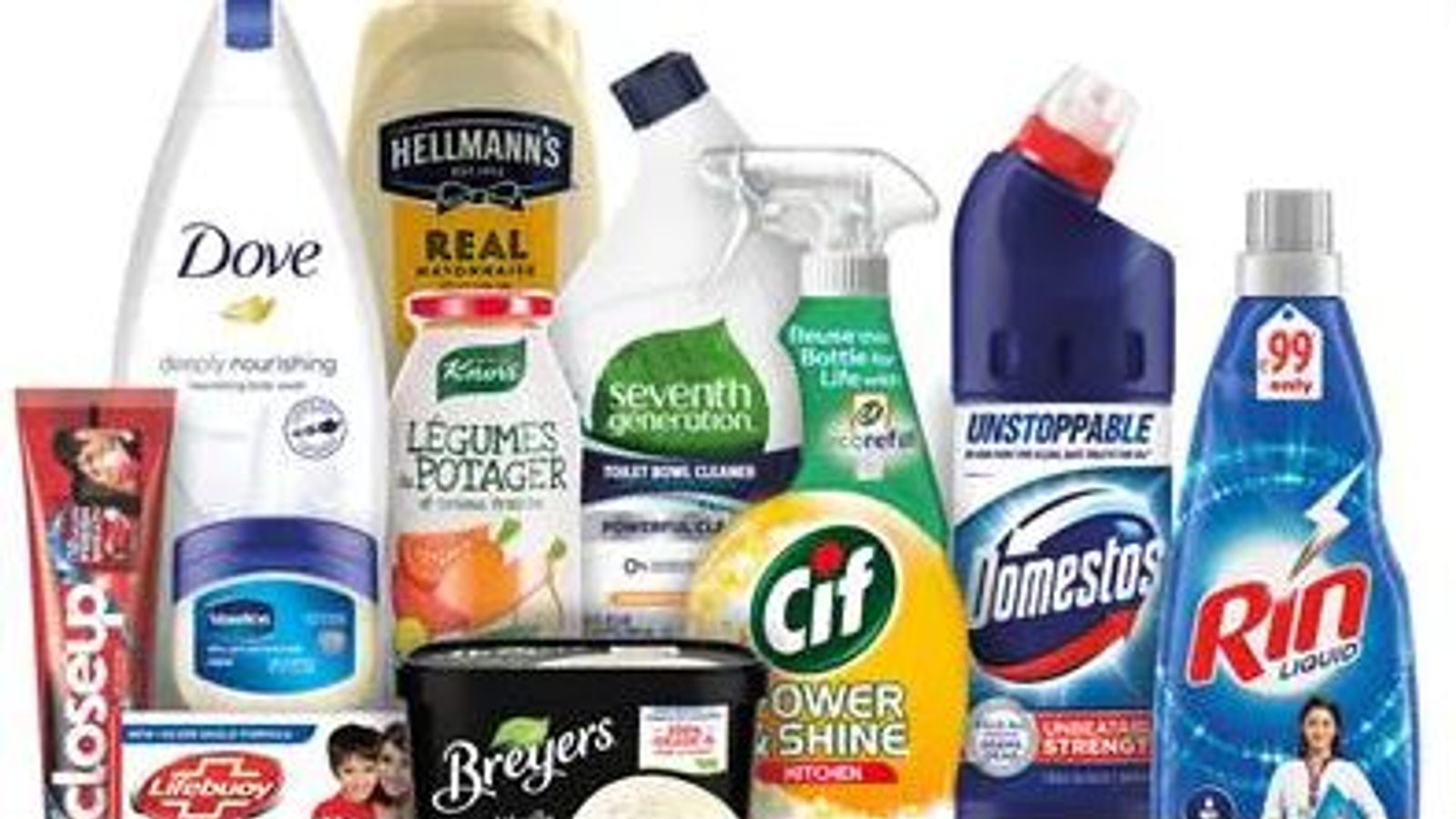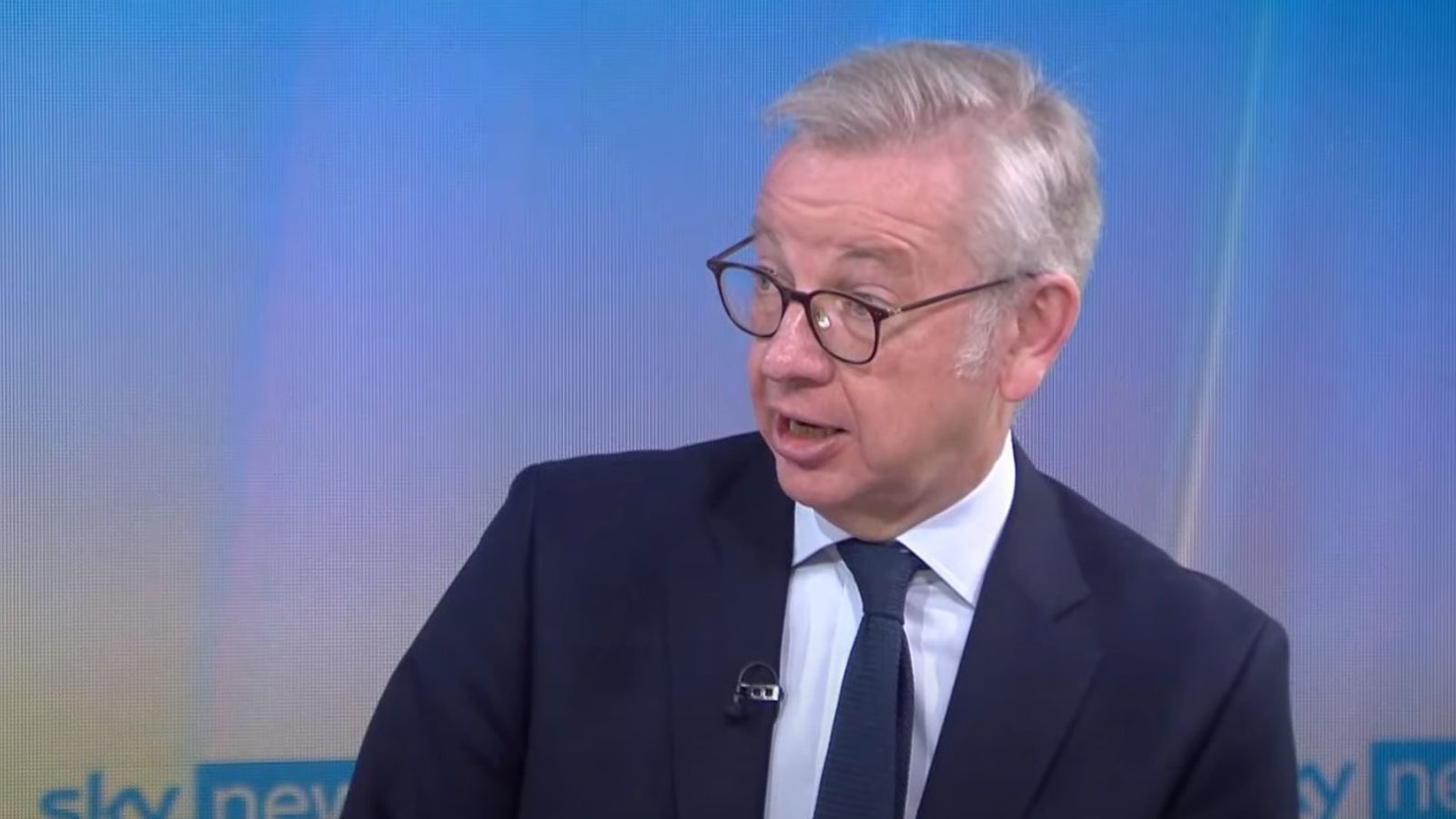The company behind many popular consumer brands including Marmite and Magnum ice creams has revealed a surge in profits, as the UK’s competition regulator seeks evidence on whether shoppers are getting a raw deal at the tills.
Unilever, which also includes brands such as Domestos and Hellmann’s in its stable, reported a 20% rise in net profits to €3.9bn (£3.4bn) over the first half of its financial year.
Underlying price growth for the second quarter was 9.4%, while underlying sales volumes fell by 0.2%, the company said.
It reported on its progress just days after the Competition and Markets Authority (CMA) cleared supermarkets of making excessive profits.
But the regulator said last week it had turned its attention to the supply chain instead, which would include companies such as Unilever.
Food and other producers have been raising prices largely since the end of the COVID pandemic, with leaps in costs largely reflecting higher energy, transport and commodity prices linked to Russia’s invasion of Ukraine.
The question the CMA will be asking is whether suppliers to supermarkets have raised their prices too much, leading to excessive margins at the expense of consumers amid the wider cost of living crisis.
Virgin Media O2 to slash up to 2,000 jobs by end of year
Spotify raises price of premium subscription service in more than 50 countries
Apple at centre of $1bn lawsuit as UK app developers join forces against ‘excessive’ charges
Please use Chrome browser for a more accessible video player
Unilever’s underlying operating margin stood at 17.1%, it reported.
There have been several rows between supermarkets and branded goods firms in recent times, with chains refusing to stock some items temporarily over the prices they were being asked to swallow.
This included a very public spat between Tesco and Heinz last year.
Shoppers have responded to the leap in food inflation by buying supermarket own brands, which tend to be cheaper, as an alternative.
This trend is realised by the fall in sales volumes reported by Unilever, though it reported rising sales by value in each of its main business groups including nutrition and ice cream.
It had warned earlier this year that its prices would rise again in the first half, reflecting rising input costs, but it expected stability for the rest of the year.
That position was reaffirmed by the company on Tuesday in its first update to the City since Alan Jope was succeeded as chief executive by Hein Schumacher.









